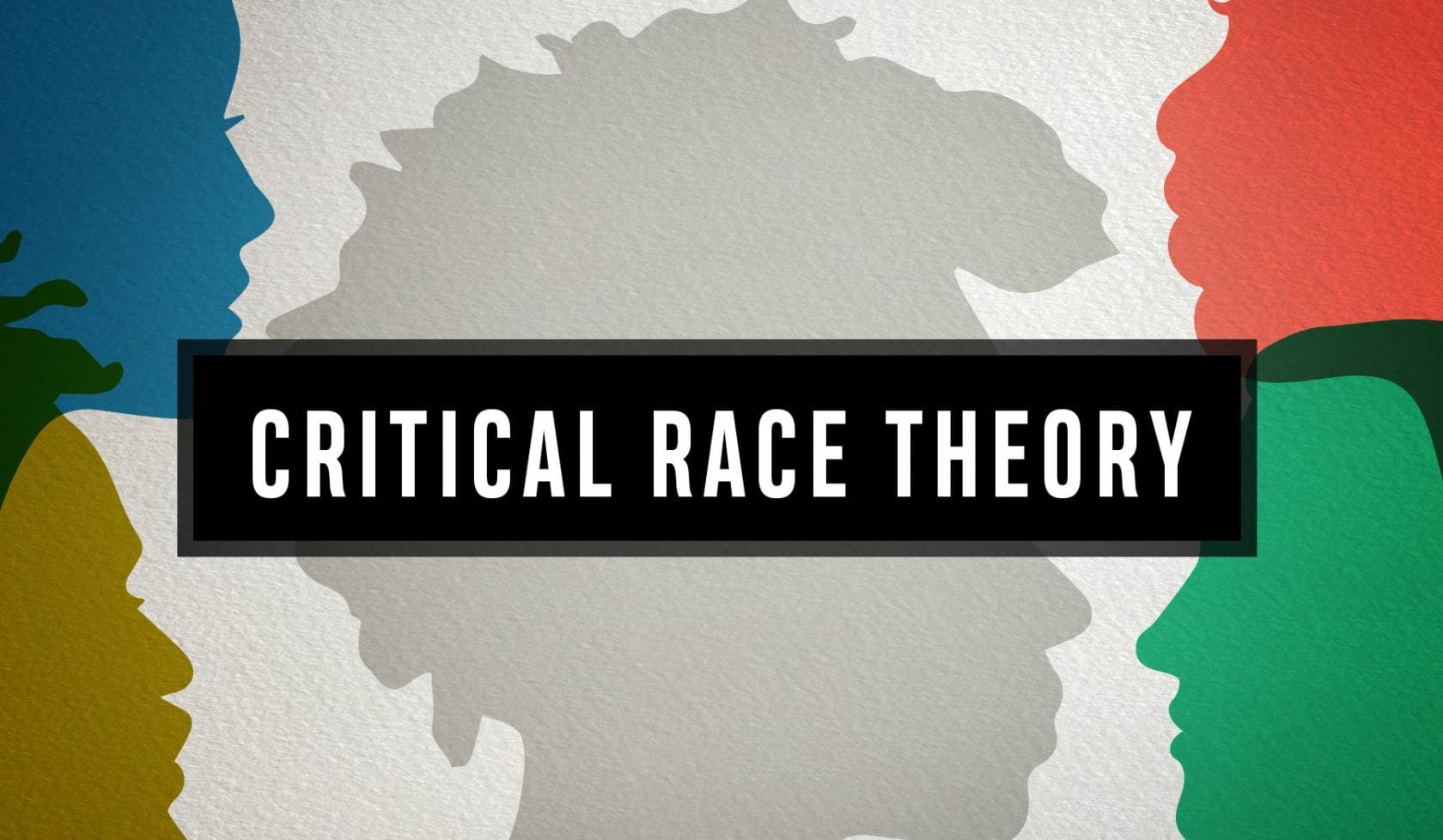By Howard Fischer | Capitol Media Services
There’s little doubt the shooting earlier this month by a white teen at a Buffalo supermarket was racially motivated.
What remains unclear, however, is whether legislation set for Senate debate as early as this week would preclude students in Arizona public schools from being told that the shooter targeted the victims specifically because they happened to be Black.
“I’m not sure whether or not that would be an appropriate conversation in those classrooms,” Rep. Michelle Udall said during debate on HB 1412 on May 25.
But the Mesa Republican said she believes there is enough wiggle room in the language of her bill to allow for discussion – within limits.
“This language says that they may not promote to advocate for, or blame or judgment of race or ethnicity,” she said. “I would hope that a teacher would not be in the classroom promoting or advocating that students judge based on race, as was done in that shooting.”
And Udall said that’s not a lot to ask.
“I’m pretty sure that teachers know how to teach about race and about race relations without placing blame or without saying that one race is morally superior to another,” she said. “And if you can’t do that, you really shouldn’t be teaching.”
Rep. Jennifer Jermaine, D-Chandler, said it’s not that simple. She questioned how it is possible to teach history accurately without crossing the line – a line that could result in a teacher losing his or her state certification.
“Our history is full of systems that have been based on one race thinking they are above others,” said Jermaine. She said she sees it through the eyes of being a descendant of someone who survived the system of Indian boarding schools that resulted in the death and abuse of many Native American children.
“The entire system is built on race and sex and targeting of minority populations,” she said.
Rep. Mitzi Epstein, D-Tempe, acknowledged the language in SB 1412 does specifically say that both teachers and guest lecturers can discuss prior instances of racial hatred or discrimination, including slavery, Indian removal, Japanese-American internment and the Holocaust. But she said none of that matters with the curbs in the measure.





